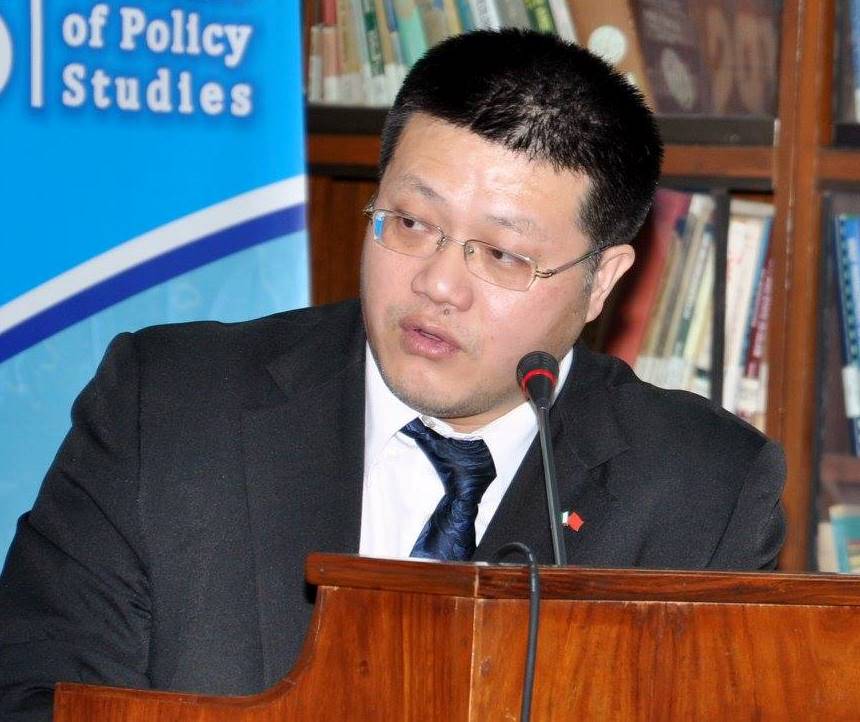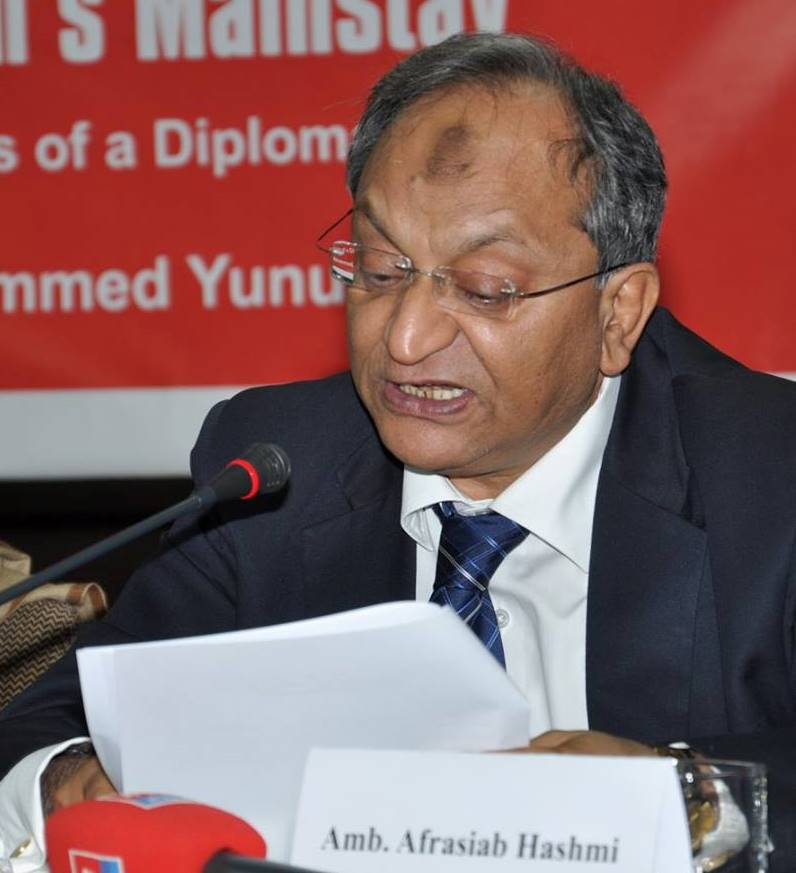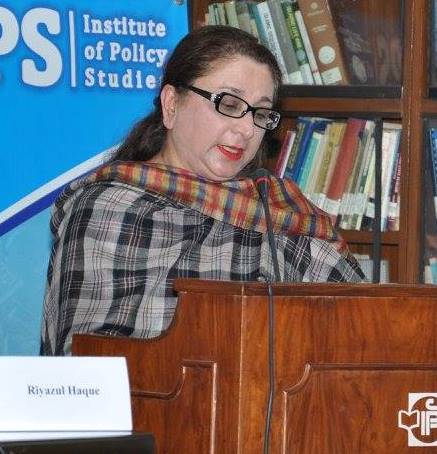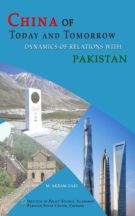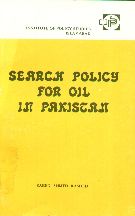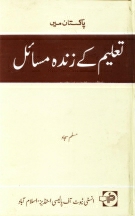DG IPS remarks on the book launch
IPS, as most of you are aware, is one of the pioneering think tanks in the country.
IPS, as most of you are aware, is one of the pioneering think tanks in the country.
Established in 1979, we are dedicated to promoting policy-oriented research and dialogue in the national and international arenas. Major focus areas at IPS are Pakistan Affairs, International Relations and Faith and Society. While seminars and conferences are a regular feature at IPS the number of publications and reports has now reached to around 1200.
We, at IPS, have a vibrant program on China and Sino-Pak relations and are in active collaboration with a number of Chinese institutions and think tanks. This is going on, now, for more than last over a decade and along with policy research, academic exchanges, seminars, and recently started Chinese language courses, publication of books in Chinese, Urdu and English has been a hallmark of its China program.
Our Program on ‘China Studies’ at IPS undertakes the subject from three important dimensions.
1) Understanding internal dynamics of emerging China and its evolving role in the contemporary world,
2) Understanding the dynamics of Pak-China relations and taking measures for strengthening this bond further, and
3) Increasing understanding and awareness between the two countries on various subjects and at different levels of interaction.
As to the session today I regard it as an extremely important and significant event as it is going to discuss a book, that duly complements the program’s objectives from all the angles which I have just mentioned.
The writer Amb. Dr. Yunus is not an stranger to most of you who are present here, since he is not only a retired diplomat but has also written extensively with around a dozen books to his credit.
Dr Younas got the opportunity of working in Pakistan’s embassy in Beijing at the very outset of his career – in early 1950’s, when the foundations of Pak-China relations were being formally laid. His last assignment was also related to China as his retirement also took place as an ambassador to this great country in 1982. In between when he was not posted in China, he had the opportunity to serve in various position including a considerable time in China section in Ministry of Foreign Affairs. Hence during the three decades of his career, he not only observed closely the evolving relations of Pakistan and China, but also often played direct role in the development of these relations. So while he had developed a personal interest in China his role enabled him to understand directly the changing dynamics of China’s social and political trends, as well as China’s role, and impact upon, in the light of several of its interactions with the global powers, neighboring countries and other states.
In view of the deepness of all-weather Sino-Pak relations it was quite natural that Amb. Yunus got opportunities of meeting and working with the supreme leaderships of both Pakistan and China. His memoirs, therefore, quite succinctly encapsulate the discussions and debates taking place in the backdrop of important events and decisions. Indeed it is not an exaggeration if I say that his autobiography contains valuable revelations and original information while providing insight into many historic events vis-à-vis Pak-China relations. Add to it his simple, yet fluent style of writing has made the whole account a pleasant reading and learning.
Another important contribution of this insightful and fascinating work, in my view is that it also helps in understanding the dynamics of Pakistan’s foreign policy, its priorities and processes. While going through the account one gets inspired with the dedication, commitment and hard work with which our diplomats have performed in a complex and many a times unfriendly environment, a rather unpleasant aspect in the given context is that of personal likes, dislikes and preferences of decision makers on various matters; even on occasions, when it may turn out to be contradictory to the national interests.
Second part of the book is related to his later engagement.
After getting a rather early retirement from the post, Ambassador Yunus got associated with BCCI (Bank of Credit and Commerce International) where, as an advisor to the bank’s president Agha Hasan Abidi, he got opportunities of observing and participating in the most crucial of the matters of the bank at the highest level. His detailed account related to the rise and fall of the banking genius, Agha Hasan Abedi, and the BCCI, which is based on his direct observations, being an insider, thus reveals the real factors behind closure of BCCI and the game played by the powerful international players in this regard.
Let me also say a few words about IPS PressThose of you who are familiar with IPS are well aware that Institute of Policy Studies has published more than 250 books based on the policy debates. The book ‘Awakened China Shakes the World and is now Pakistan’s Mainstay’ however is being published under IPS-Press, which is a new initiative of IPS for publishing applied research. Up till now, the Institute’s publications were primarily based on the research studies carried out at IPS. The scope of IPS-Press is wider, as alongside publishing Institute’s own work, it also presents such academic research work of experts which can be helpful in generating discourses on important policy issues.
I am sure the memoirs of Dr. Yunus, which were written in the historical perspective of emerging China, Pak-China relations, Pakistan’s internal politics, its foreign policies and global political and economic dynamics, would provide a valuable reference, especially for the students, teachers and young researchers and practitioners


